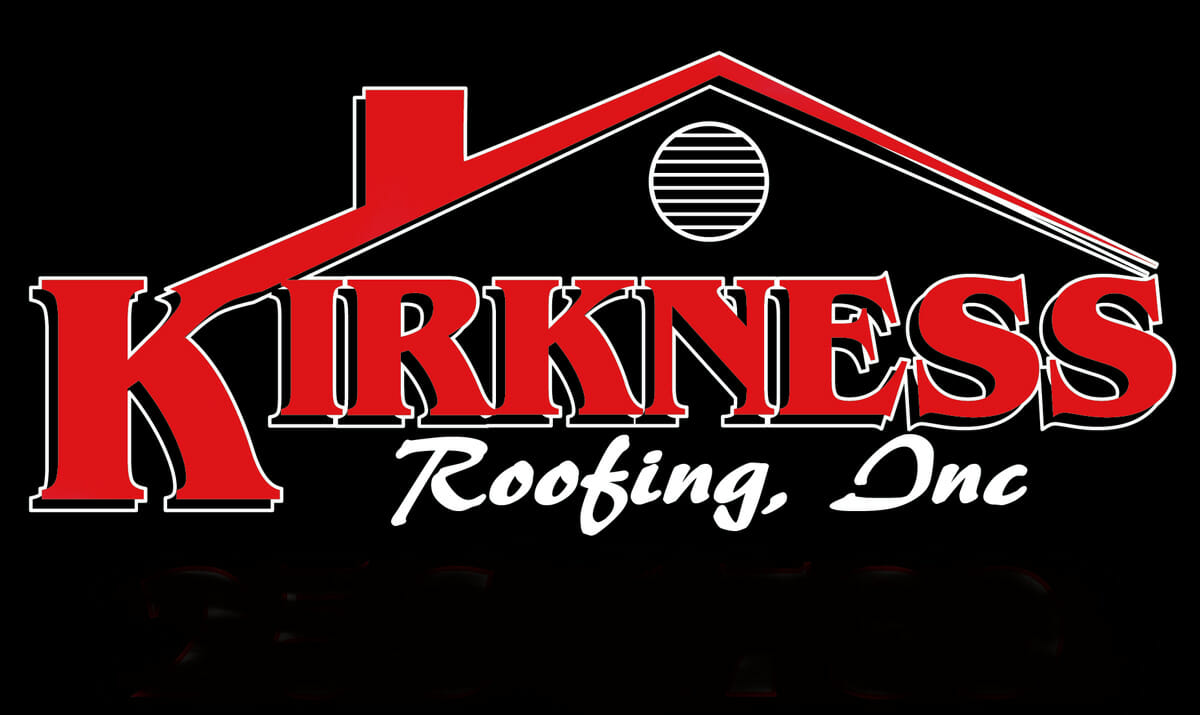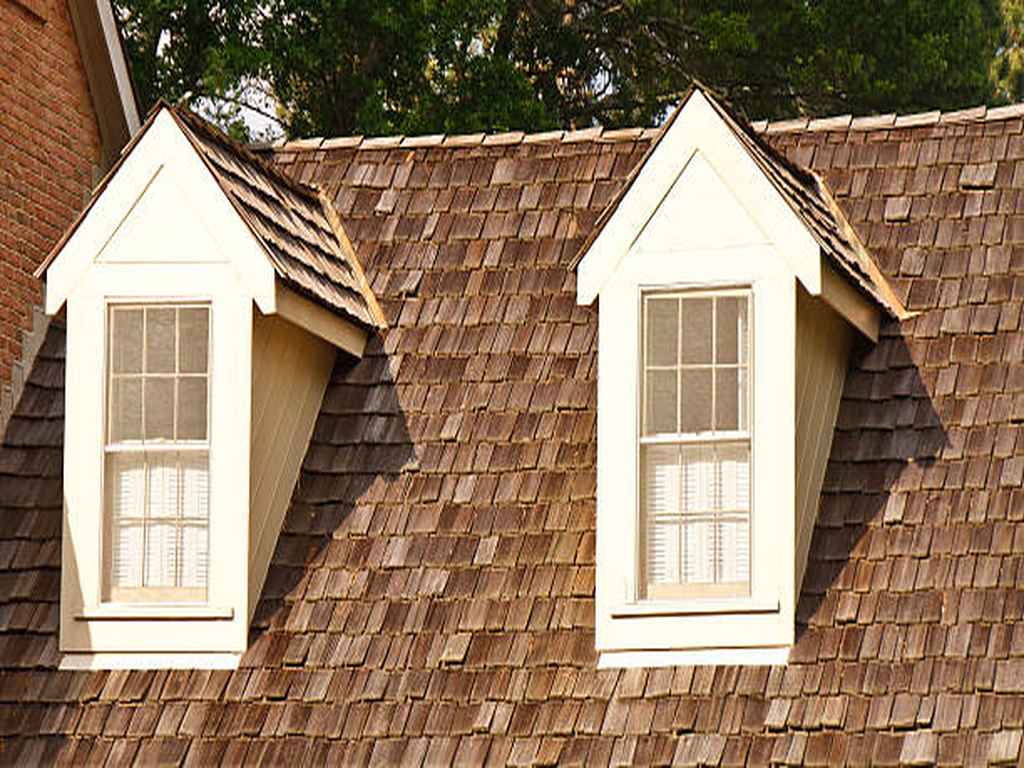Roof pitch is a fundamental concept in roofing that affects your home’s aesthetics and functionality. Understanding roof pitch is crucial for homeowners considering a new roof or assessing existing roofing structures. In this blog, we’ll discuss what roof pitch means, how to measure it, and the various types of roof pitch you might encounter in residential and commercial buildings.
Understanding Roof Pitch
Roof pitch refers to the steepness or angle of a roof, typically expressed as a ratio of the vertical rise to the horizontal run. For instance, a roof that rises 4 feet for every 12 feet of horizontal distance is referred to as a 4:12 pitch. This measurement is essential for design purposes and for determining water drainage, material selection, and overall roof durability.
A roof’s pitch can significantly influence its performance. Steeper roofs tend to allow water and snow to slide off more efficiently, reducing the risk of leaks and structural damage. Conversely, flatter roofs may be easier to construct but require more careful planning to ensure proper drainage and preventive measures against pooling water.
Measuring Roof Pitch
Measuring roof pitch is a straightforward process that homeowners can undertake with just a few tools. Here’s a simple method to accurately measure your roof pitch:
- Gather Tools: You’ll need a level, a measuring tape, and a chalk line.
- Find a Reference Point: Choose a point along the roof where you can safely work. Ideally, this should be a spot near the edge.
- Use the Level: Hold the level horizontally and measure 12 inches outward from the edge of the roof. Make a mark at the 12-inch point.
- Measure the Rise: From that mark, measure vertically up to the roof surface to determine the rise.
- Calculate the Pitch: Use the rise and run to calculate the pitch ratio. For example, if the vertical rise is 4 inches for every 12 inches of horizontal run, the pitch is 4:12.
By understanding how to measure roof pitch, you can better evaluate your current roof’s efficiency and make more informed decisions when considering a new roofing project.
Types of Roof Pitch
Various types of roof pitches cater to different architectural styles, climates, and functional needs. Here are some common types:
Low-Pitch Roof
A low-pitch roof generally has a pitch of 2:12 or less. These roofs are commonly seen in commercial buildings. While they provide easy maintenance access, they require proper drainage systems to prevent water pooling.
Medium-Pitch Roof
With a pitch ranging from 3:12 to 6:12, medium-pitch roofs balance aesthetic appeal and functional performance. They are versatile and can efficiently shed water and snow while also being suitable for various roofing materials.
Steep-Pitch Roof
Steep-pitch roofs have a pitch greater than 6:12 and are often favored for their ability to shed water quickly. These roofs are visually striking and can enhance the overall curb appeal of your home. However, they may require specialized installation techniques and materials to ensure safety and durability.
The Importance of Roof Pitch in Home Design
Selecting the right roof pitch is vital for various reasons:
Aesthetic Appeal: The pitch can define your home’s overall style. For example, steep-pitched roofs may evoke a classic or traditional vibe, while low-pitched roofs can give a modern look.
Weather Resistance: In areas with heavy snowfall or rainfall, choosing an appropriate roof pitch can help prevent water damage and roof collapse.
Material Compatibility: Different pitches require specific roofing materials to ensure longevity and performance. Understanding roof pitch helps you select the right materials for your roof.
For more in-depth information on roofing design, you can also refer to resources from the U.S. Department of Energy and the American Institute of Architects.
Choosing the Right Roof for Your Home
When considering a new roofing project, evaluating your home’s architectural style, local climate, and personal preferences is essential. A professional roofing expert can provide insights on the best roof pitch options for your needs.
At Kirkness Roofing Inc., we pride ourselves on offering customized roofing solutions tailored to each homeowner’s unique requirements. Our extensive experience and commitment to customer satisfaction ensure you receive the best service possible.
If you’re ready to explore roofing options for your home, contact us today for a consultation. Our team of experts will guide you through the process, helping you choose the best roof pitch and materials that align with your vision and budget.

